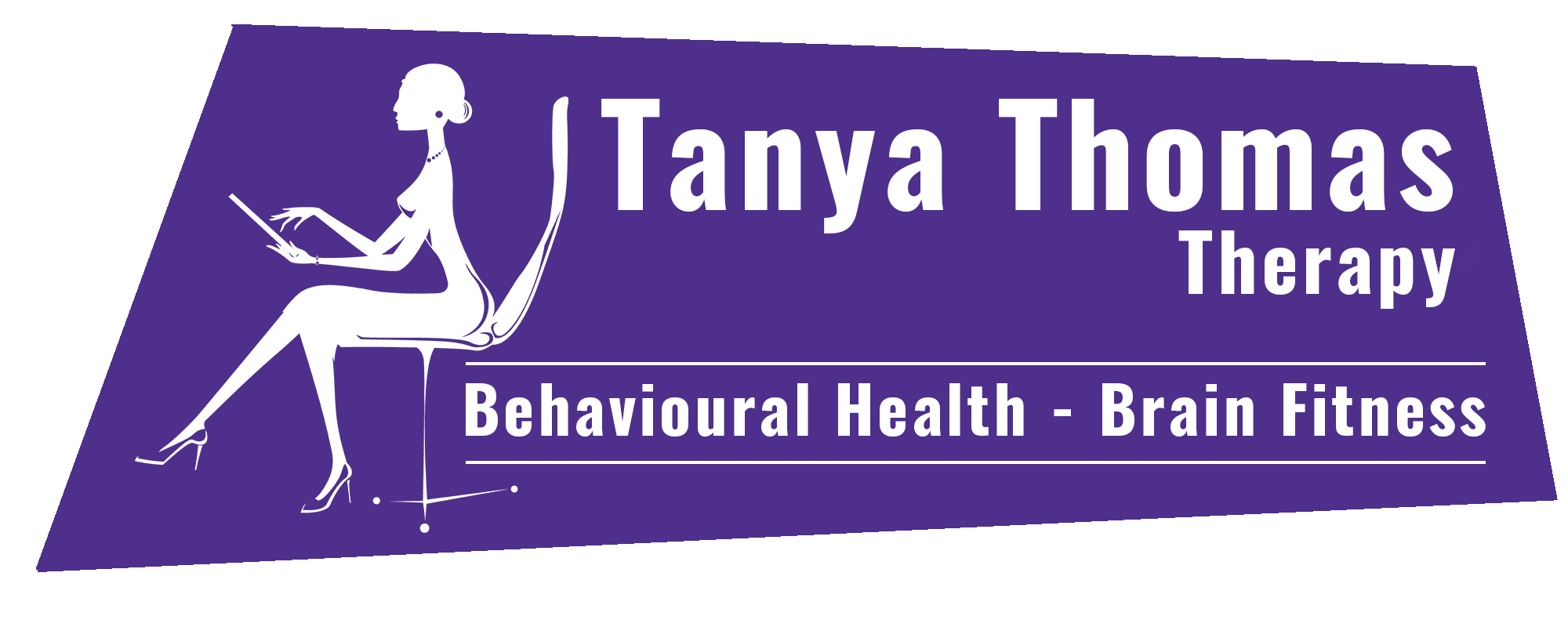Psychotherapy /
Schema Therapy
What is Psychotherapy?
Different types of psychotherapy often fall under several broad categories, such as cognitive, behavioural, humanistic, or psychodynamic therapies. But there are also dozens of specific types that can be beneficial for achieving certain goals or treating certain types of mental health conditions.
At the heart of how I work with both individuals and couples is the scientifically proven Schema Therapy.
Schema Therapy
Our early experiences shape our send of self, relationships with others and coping strategies as an adult. Maladaptive schemas form when we don’t get our early needs met adequately. Schema Therapy aims to understand your patterns of behaviours to create healthy ways of connecting with others.
Behavioural Compulsions/ Addictions:
Behavioural addiction is a complex construct with several potential predisposing factors, which include biological factors (e.g., genetic predispositions), psychological factors (e.g., personality traits), and social factors (e.g., family, and social history). One factor that may play a significant role in both developing and perpetuating behavioural addiction is the activation of early maladaptive schemas (EMSs). Recent reviews suggest a positive relationship between schema activation and several addictive behaviours, including addictions to gambling, gaming, social media use sex, exercise, and food.
Trauma, Anxiety, Depression:
Studies have reported that all the Early Maladaptive Schemas, PTSD, anxiety and depressive symptoms had decreased significantly after the Schema Therapy Treatment
Couples:
Romantic relationships bring unavoidable pain that is inherent to intimacy. All relationships come with risk, but in a romantic relationship we can’t get away from the inevitable pain that shows up in moments of deprivation, loneliness, disappointment, hurt, insecurity, and disconnection. As a result, we long to merge and be seen and accepted by our partner, while we also fear being rejected, abandoned, engulfed, or judged. Learning to observe and face the unavoidable pain of intimacy, without using relationship destroying strategies, is the heart of the work we do together.
A couple’s unique history and life experience will also shape specific beliefs and negative expectations about what happens in an intimate partnership. These expectations are relationship schemas, a concept that exists across virtually all couple approaches, albeit in different languages. Imago Relationship Therapy, emotion-focussed couple therapy, (EFCT), enhanced cognitive behavioural couple therapy, and Gottman Method couples therapy all agree that partners have mental representations of relationships that are programmed from childhood experiences. Theses schemas become the lens through which couple see the conflicts and events of their current relationships.
Neurodiversity Affirming Schema Therapy?
The Neuro-normative Schema Therapy original model is in many ways a good fit with neurodivergent individuals whose psychological difficulties in adulthood often connect to experiences of unmet emotional needs in childhood.

